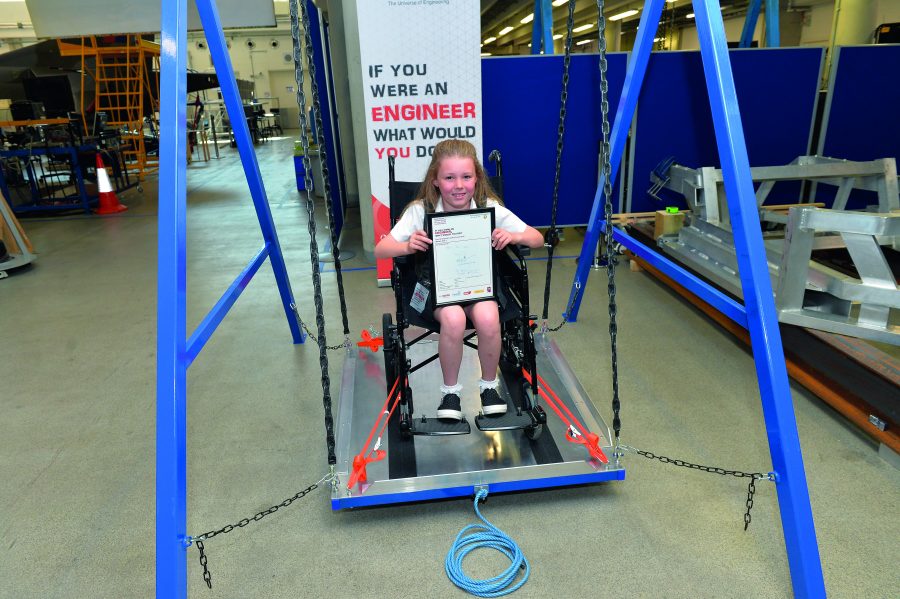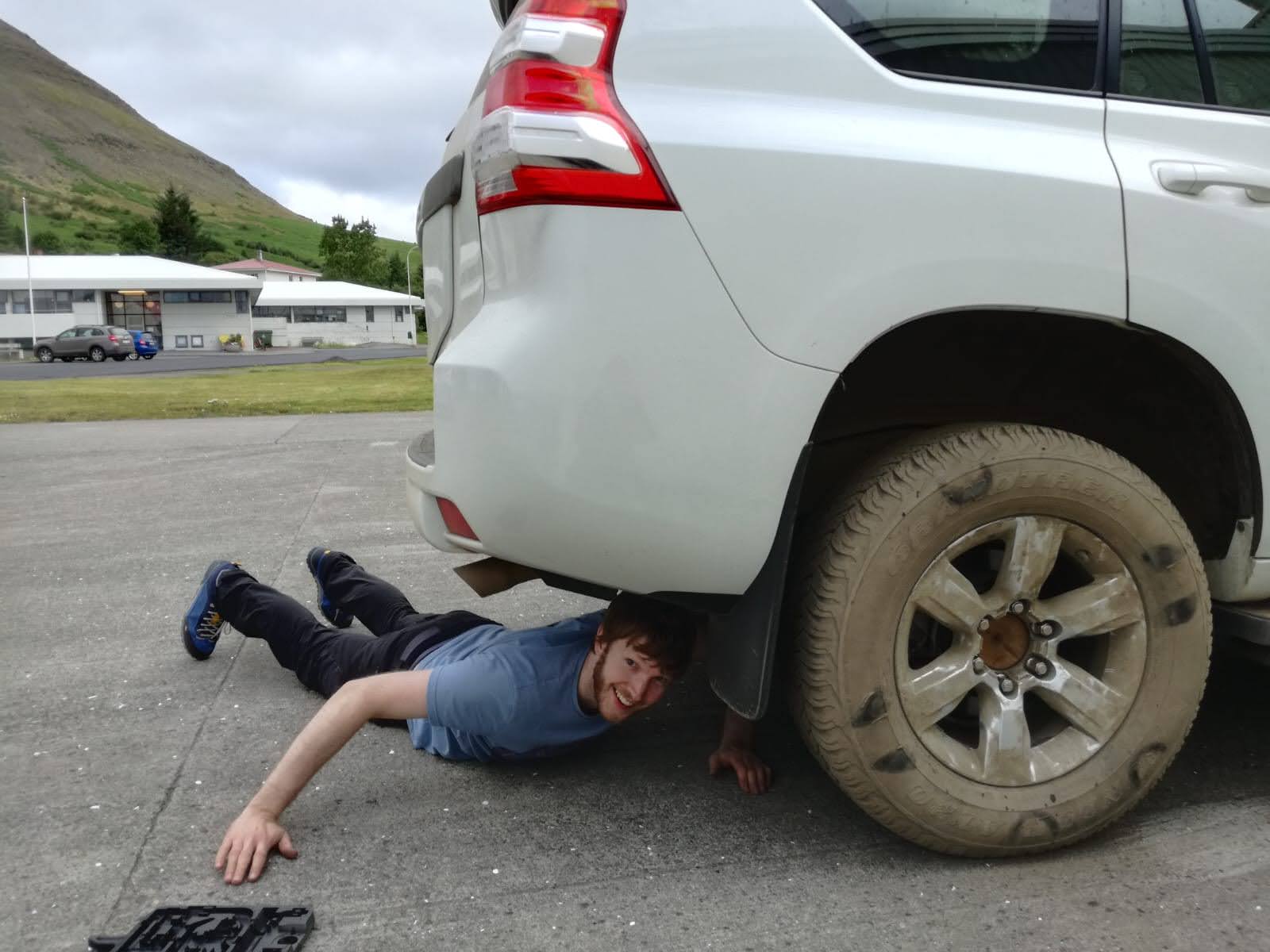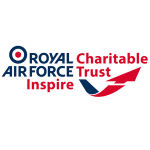
Series 2 Episode 9: the Car Crash Detective with Ross Beesley
Subscribe on your favourite podcast platform so you are can catch all the upcoming episodes of Season 2 as soon as they are released!
Subscribe on your favourite podcast platform so you are sure to catch all 10 episodes as soon as they are released!
where to listen

Forensic collision investigator Ross Beesley is basically the Sherlock Holmes of car accidents – an expert in spotting unusual signs and figuring out how an accident happened. In this episode he tells us about the skills and techniques he uses to get to the bottom of a case, he explains some of the more unusual signs that can clue you into what’s happened, and he explains how he uses computer simulations in his work.
Ross gave an online interviews as part of the “If you were an engineer what would you do?” Leaders Award competition so if you would also like to see some of the things she describes watch the interview below.
Patricia Ashman from Coventry University tells us about a proto-type she worked on for the If You Were An Engineer competition called the Wheelchair Swing.
Thanks to Shay and Mia from Sacred Heart Primary School in Bellshill in Scotland for sharing their engineering ideas with us.
And if you have an answer to our problem send your thoughts to info@leadersaward.com or comment on Twitter.
This week, Ollie Folayan wants you to figure out a way of feeding Isaac’s fish twice a day, every day, while he’s away from home.
If you’d like to get in touch, follow us on Twitter @Leadersaward, @primaryengineer and head over to our Primary Engineer YouTube Channel and be inspired!
We’d like to hear what you thought of the series so please help us and complete our survey.

Series 2 of the podcast is supported by The Royal Air Force Charitable Trust
The charity that promotes the Royal Air Force and inspires young people and RAF personnel to fulfil their potential in air, space and technology.

